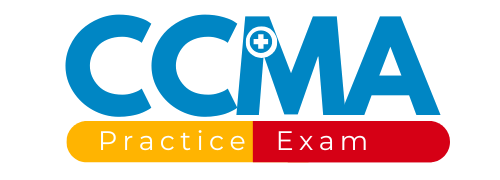CCMA Practice Test 6
This is our final CCMA Practice Test, which contains 30 more challenging questions. After taking this test, you’ll complete 180 questions from all the sections. Hopefully, you’re confident and ready for the Medical Assistant exam.
